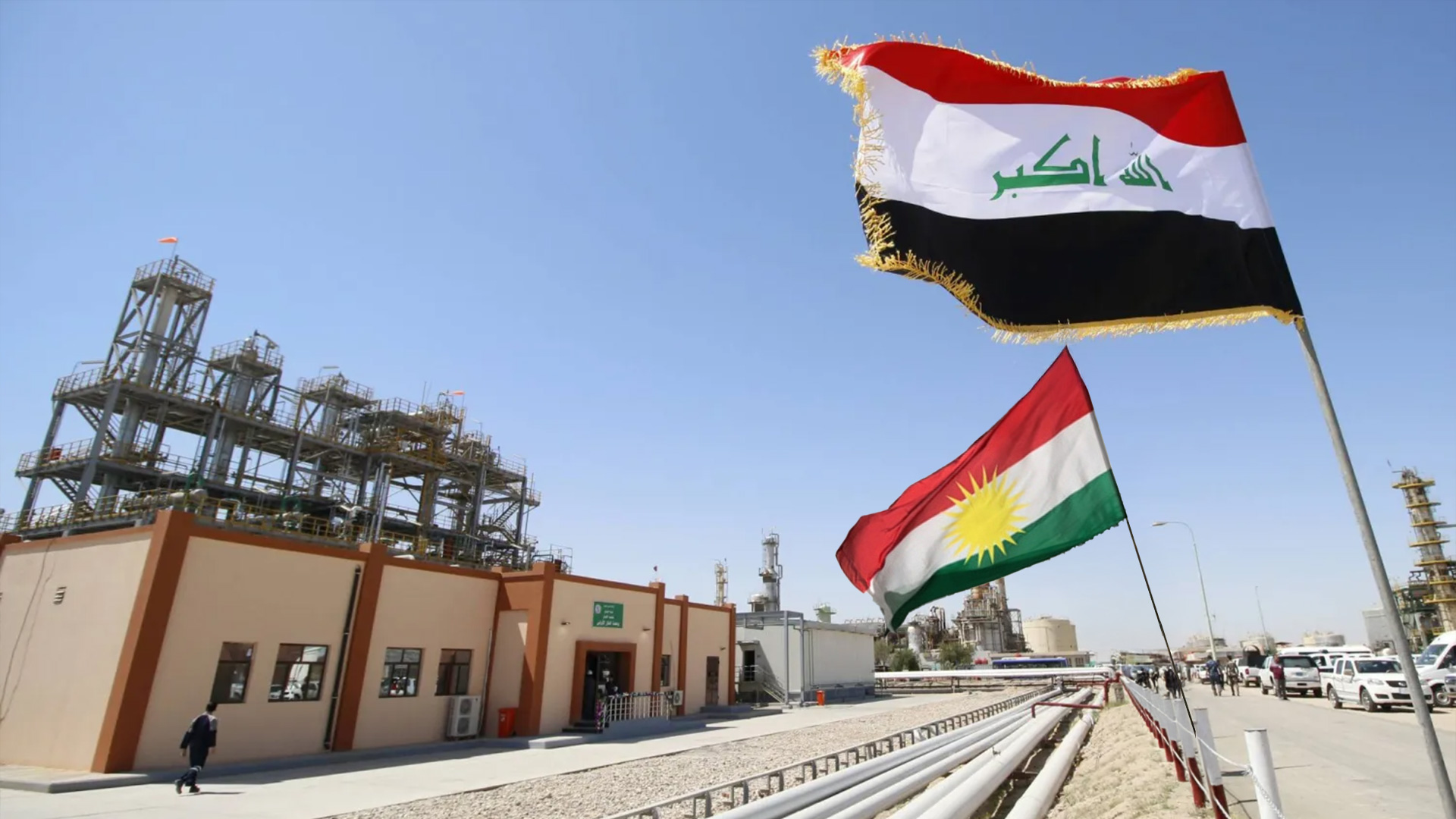Iraqi PM Contacts Kurdish Leaders to Praise Oil Export Agreement and National Development Efforts
Sudani praises Kurdish leaders for facilitating oil export deal and stresses joint efforts to boost Iraq’s national development and investment.

ERBIL (Kurdistan24) — Iraqi Prime Minister Mohammed Shia’ al-Sudani on Saturday held a series of phone calls with key Kurdish leaders, including Kurdistan Democratic Party (KDP) President Masoud Barzani, Kurdistan Region President Nechirvan Barzani, Kurdistan Region Prime Minister Masrour Barzani, and Patriotic Union of Kurdistan (PUK) Leader Bafel Talabani.
According to a statement from the Prime Minister’s media office, Sudani expressed his appreciation for the Kurdish leaders’ pivotal role in reaching the recent agreement to resume oil exports from the Kurdistan Region.
He highlighted their commitment to handing the Region’s oil revenues to Iraq’s central treasury and their alignment with the broader interests of the Iraqi people.
Sudani emphasized the importance of continued cooperation between the federal government and the Kurdistan Regional Government (KRG) in accordance with the Constitution and the federal budget law.
The discussions also reaffirmed the shared commitment to advancing national development, promoting comprehensive economic growth, safeguarding Iraq’s wealth, and ensuring equitable distribution of resources across the country, read the statement.
According to the statement, both sides underscored the importance of supporting domestic and foreign investment as a key driver of economic transformation.
Earlier in the day, Prime Minister Masrour Barzani, in a statement on his official Facebook page, confirmed the phone call and praised Sudani’s efforts to overcome obstacles that had delayed the resumption of exports.
Barzani noted that the agreement marked a significant achievement benefiting all Iraqis and expressed hope that it would pave the way for the long-awaited federal oil and gas law. He also highlighted the urgent need to resolve public sector salary issues in the Kurdistan Region, ensuring regular payments for 2025 and beyond.
As reported by Kurdistan24, the leaders also discussed the federal “Development Road” project, a strategic trade corridor designed to connect Iraq with regional and international markets. Barzani revealed that a specialized delegation from Baghdad will soon visit Erbil to resolve remaining challenges and facilitate the project’s implementation.
Sudani highlighted promising economic opportunities across Iraq, from Basra to Kurdistan, capable of driving nationwide growth.
The calls come amid a historic moment for the Kurdistan Region’s energy sector. Crude oil exports officially resumed at 6:50 a.m. on Saturday, flowing from the Peshkabour station to Türkiye’s Ceyhan port for the first time since a suspension in March 2023, which had lasted over two and a half years due to a legal dispute between Baghdad, Erbil, and Turkey over pipeline use and export authority.
Under the new arrangement, 190,000 barrels per day will be exported, while 50,000 barrels will remain for domestic consumption.
On the same day, Iraqi Federal Oil Minister Hayan Abdul-Ghani confirmed that the tripartite agreement is legally binding on all foreign oil companies operating in the Kurdistan Region.
The framework places Kurdish crude under the management of Iraq’s state oil marketing company, SOMO, which will handle global sales.
Oil exports from the Kurdistan Region have long been a point of tension between Baghdad and Erbil, contributing to delayed salary payments and strained federal relations. The passage of a national oil and gas law, pending since 2005, is widely viewed as a necessary long-term solution to recurring disputes over resource management and revenue sharing.
Recent negotiations, facilitated by international stakeholders, have aimed to resolve these disputes under federal oversight, culminating in the historic resumption of crude flows that signal a new chapter in federal-KRG cooperation.